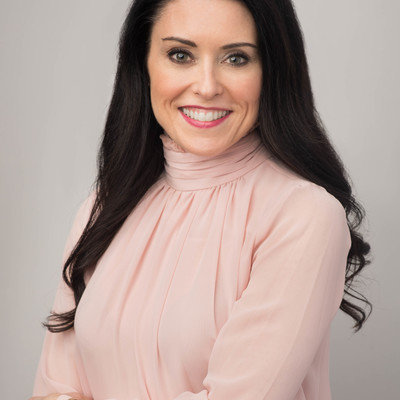A book is the best vehicle for true change because it allows us to forge intellectual and emotional connections that transcend the limitations of time, space, and culture. A book is the most dynamic source for obtaining knowledge, because it allows the audience the flexibility to connect with the material in unique and meaningful ways suited to their individual experiences. A book is the best prophet for a new idea, because it does not chase you, but, rather, lures you in after it piques your interest.
As part of my series about “How to write a book that sparks a movement” I had the great pleasure of interviewing Dr. Talal H. Alsaleem.
Award-winning marriage counselor and researcher, Dr. Talal H. Alsaleem is recognized as a leading expert in the field of infidelity counseling. He is the author of the acclaimed book, Infidelity: The Best Worst Thing that Could Happen to Your Marriage, and the founder of the Infidelity Counseling Center. His research interests and clinical work are focused on identifying the causes of infidelity and providing the best treatment for recovery from its impact. He developed a solution-focused method of infidelity counseling that has helped hundreds of couples navigate the challenges of the healing journey from affairs. Dr. Alsaleem is an international lecturer and speaker. His engaging talks have helped many counselors broaden their understanding of infidelity and gain the necessary clinical tools to help their clients recover from affairs. Learn more at TalalAlsaleem.com.
Thank you so much for joining us! Can you share the “backstory” about how you grew up?
The youngest of 12, I was born and raised in Kuwait, a small country in the Middle East. Despite my parent’s limited academic achievement, they always encouraged my siblings and me to pursue higher education. This encouragement helped me develop a passion for learning which manifested in spending a lot of my time reading books and seeking opportunities for adventure and exploration through travel. Our household was like a beehive flurried with activity. Being the youngest gave me the vantage point of having multiple role models to observe and learn from. I guess you could say that the social unit of my family of origin served as a magnificent observatory of all kinds of human behavior and social interactions. To navigate such a crowded and complex social system, I had to develop keen observational skills and adaptive ways to communicate and interact with my siblings who had different personalities and age groups. My family environment played a major role in providing me with the skillsets of connecting, empathizing, and interacting with people from various backgrounds which has allowed me to be successful in my clinical practice.
When you were younger, was there a book that you read that inspired you to take action or changed your life?
As a child, books were my ticket and passport to the world. I had a ferocious appetite for the written word. One of my favorite memories was attending the annual book fair that showcased works of fiction and non-fiction from around the globe. This predates the widespread use of the internet and the unlimited access to knowledge that we enjoy today. Back in the 1980s, one was restricted to the books they could find in their local library which was often limited in variety. So, I used to save up my allowance and birthday money for that special book fair. One of those years, I came across a translated version of the Origin of the Species by Charles Darwin. Reading Darwin’s work influenced my life in two major ways: one, it gave me a new lens to examine human behavior through the theory of evolution; two, it showed me the value of thinking outside the box and having the courage to question dogma. I guess you can say Darwin is a hero of mine because he dared to look at the world from a different angle and provide new insight about its origin.
What was the moment or series of events that made you decide to bring your message to the greater world?
It wasn’t a single event but a series of events with an overarching theme in which I witnessed how a systematic processing of the trauma of infidelity can lead couples and individuals to find the happily ever after they have been seeking for years. I will never forget the story of one of the couples I worked with who had been unhappily married for 35 years. Discovering and processing the affair allowed them the opportunity and the motivation to address the core problems in their relationship. These were the same problems that caused them to be unhappy and eventually led to the affair. Their final words as they ended treatment will forever stay with me: “Infidelity was the best thing that happened to our marriage. It allowed us to have the courage to express our needs and the motivation to meet them. We never thought that something so traumatic could give us the relationship that we always wanted.”
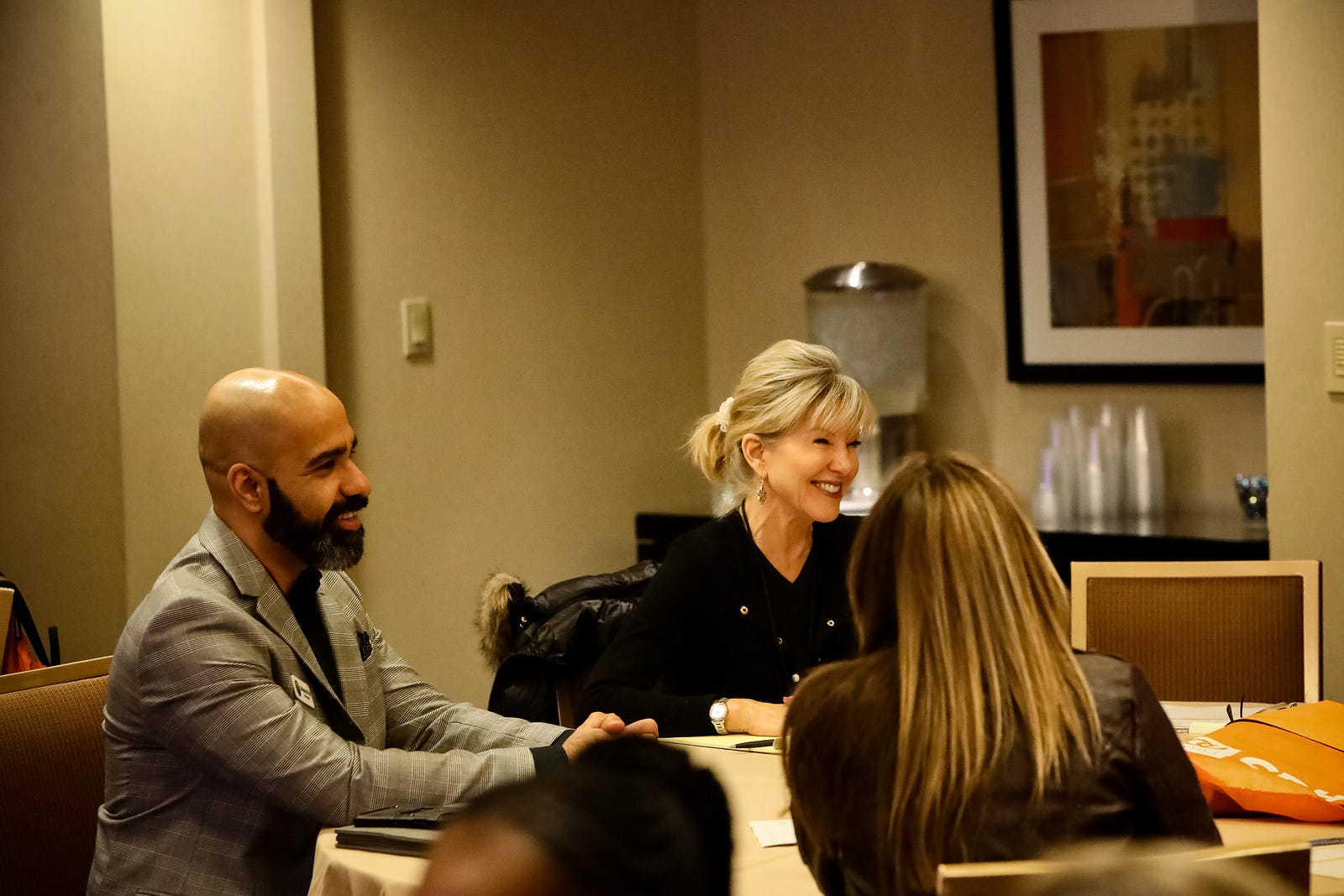
What impact did you hope to make when you wrote this book?
I hoped to challenge people’s preconceived notions about infidelity as a death-sentence to the relationship and a cause of long-lasting emotional scars. I wanted people to know that the trauma of infidelity doesn’t have to define the rest of their lives, and the wounds of betrayal can be a catalyst for long-awaited change. I wanted to show the world the silver lining of infidelity and how the courageous journey of healing can unlock the door to the happily ever after they seek.
Did the actual results align with your expectations?
Absolutely. Sharing my findings about the unique healing elements the trauma of infidelity provides as well as the innovative clinical intervention I developed to harness the power of these elements has generated a lot of interest with the general public and counseling professionals. This new perspective on the causes of infidelity and how it can build resiliency has opened a dialogue about a taboo topic that has been historically shrouded by myth, stigma, and moral bias. Since the publication of the book, I have received many invitations from mental health professional associations as well as media outlets to discuss and explain the idea of infidelity as the best worst thing that could happen to a relationship. To me, this is a reflection of the public’s desire for a paradigm shift regarding our perception of infidelity and how to deal with it.
What moment let you know that your book had started a movement?
There were a series of moments in which I observed the spark of hope in my client’s eyes after they read my book which not only resonated with their emotional experience, but also provided them with a roadmap of healing. What solidified my belief in the fact that my book had started a movement was receiving the honor of presenting my findings at the 2019 International Association of Marriage and Family Counselors World Conference.
What kinds of things did you hear right away from readers? What are the most frequent things you hear from readers about your book now? Are they the same? Different?
The most common phrase I heard from readers right away was, “Before reading the book, I felt lost, ashamed, hopeless, and afraid. But now, I know that healing is actually attainable and that something as awful as infidelity can have a silver lining.” Common phrases I hear now are from counseling professionals, such as, “I always felt anxious and ill-prepared working with clients dealing with affairs. This book has provided me with a new clinical perspective on the issue as well as an effective framework for treatment.”
What is the most moving or fulfilling experience you’ve had as a result of writing this book?
The most fulfilling experience of writing this book was having the opportunity to partake in two of my main passions: discovering new solutions to prevalent and cross-cultural problems and teaching others how to find new ways to reexamine rigid constructs. The success of the book and the movement it has started has inspired me to find new projects to tackle in which I can share my knowledge and skillset in providing concrete solutions to other real-world problems.
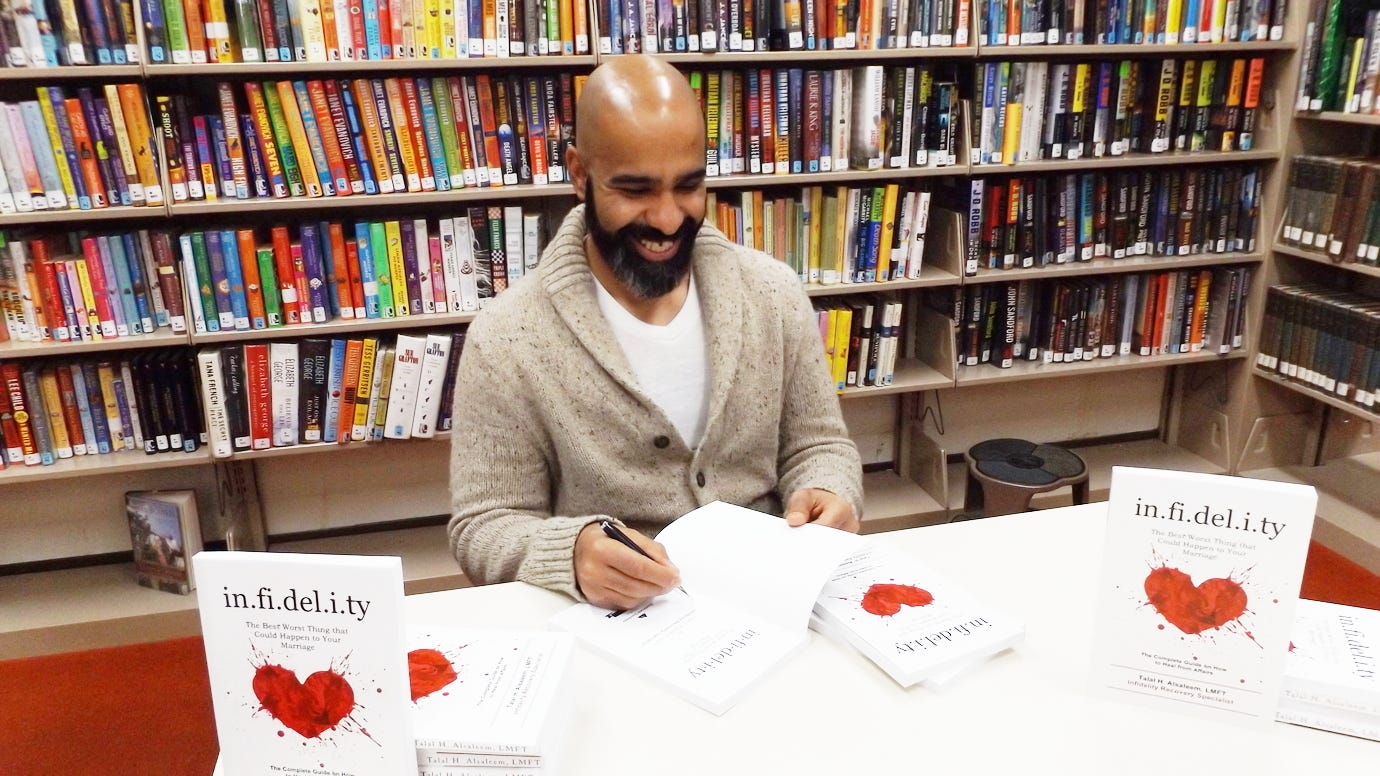
Have you experienced anything negative? Do you feel there are drawbacks to writing a book that starts such colossal conversation and change?
I honestly have to say the label of negative and positive is a matter of perspective. Any new idea that challenges traditional convention is bound to face some resistance and criticism. I don’t view this reaction as a negative drawback. I see it as an opportunity to start a needed dialogued for change. The resistance to new ideas is usually rooted in the fear of entertaining new possibilities. My book challenges the conventional understanding of infidelity, because it allows us to have the courage to rethink our perception of trauma and infidelity as an opportunity to heal and rebuild rather than as a devastating event that destroys lives.
Can you articulate why you think books in particular have the power to create movements, revolutions, and true change?
A book is the best vehicle for true change because it allows us to forge intellectual and emotional connections that transcend the limitations of time, space, and culture. A book is the most dynamic source for obtaining knowledge, because it allows the audience the flexibility to connect with the material in unique and meaningful ways suited to their individual experiences. A book is the best prophet for a new idea, because it does not chase you, but, rather, lures you in after it piques your interest.
What is the one habit you believe contributed the most to you becoming a bestselling writer?
Writing a book can be tedious and overwhelming at times despite how passionate you are about the topic. What I found to be most helpful was to become engaged in a variety of activities throughout the week aside from writing. The variety of activity will safeguard against tedium and burnout and helps the writer to clear their mind and see their work from new angles.
What challenge or failure did you learn the most from in your writing career?
The most valuable writing lesson I learned is the importance of communicating my ideas to readers in a way that makes the knowledge accessible to them rather than what suits my personal need for poetic expression. I learned that great ideas can go unnoticed if they are not communicated in a way that can be understood by a wide range of readers.
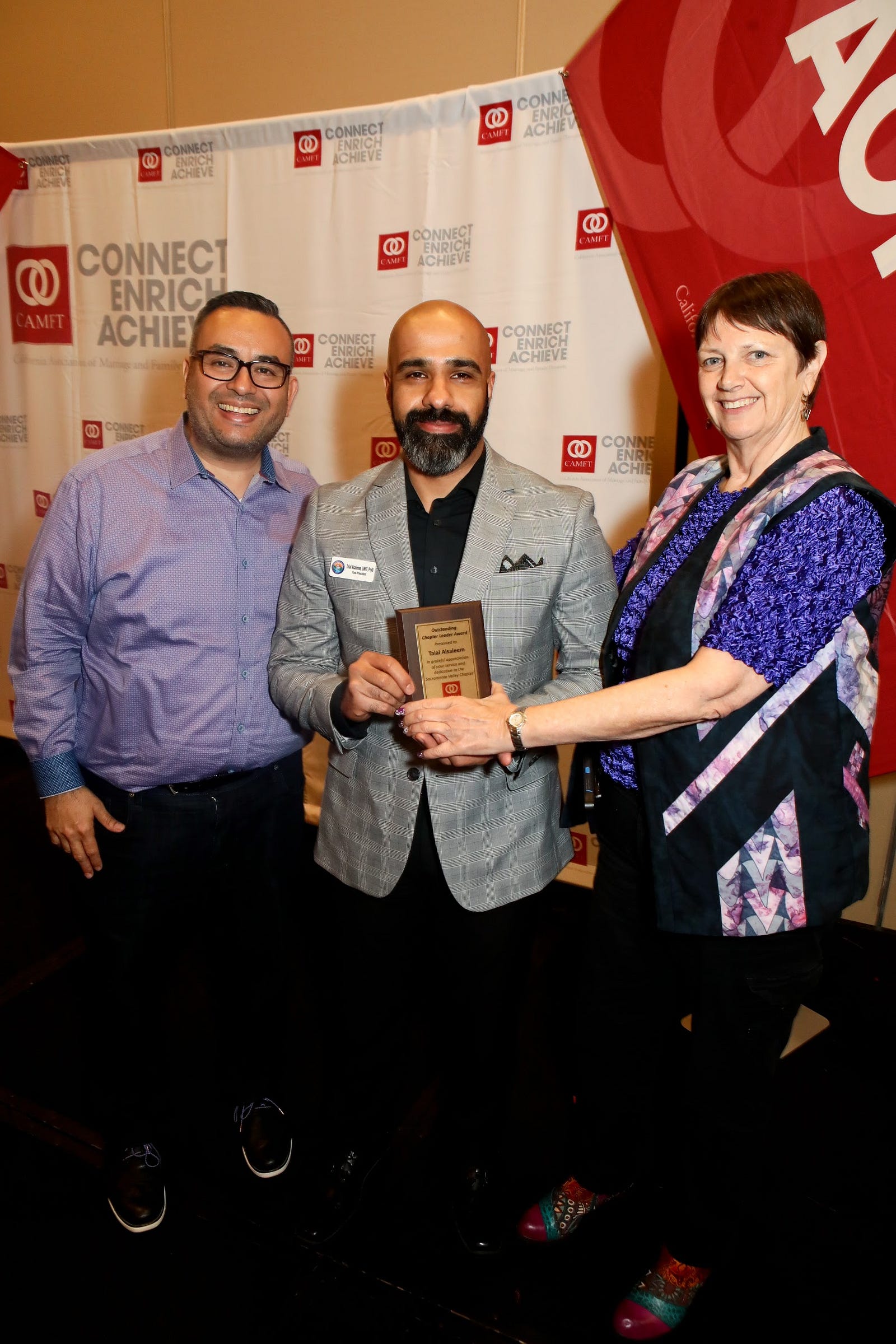
Many aspiring authors would love to make an impact similar to what you have done. What are the 5 things writers needs to know if they want to spark a movement with a book?
1- Find your passion: My passion is helping couples in crisis and identifying where they are stuck and how to move forward.
2- Identify your message: Find out what message you want to share with the world about your passion. For me, it was sharing the message that a prevalent and devastating problem like infidelity can have a silver lining.
3- Know your audience:You need to know your potential readers so that you can identify the best ways to communicate your message effectively. My audience was individuals who are dealing with infidelity and the counselors who are working with clients dealing with infidelity. Keeping that in mind assured that my word choice and the types of information shared were suited to the various needs of my readership.
4- Choose a platform for spreading your message: Once you identify your passion, message, and audience, you need a platform for spreading the word about your ideas. For me, the starting platform was public and professional speaking engagements in which I described my view on infidelity and the clinical interventions I developed to treat it.
5- Listen, evaluate, and adapt: In order to achieve true change and start a movement, one must be open to refining their message and ideas. This can only take place by listening to the feedback you receive and evaluating the need to make necessary adjustments. Spread-worthy ideas need to be dynamic and adaptive.
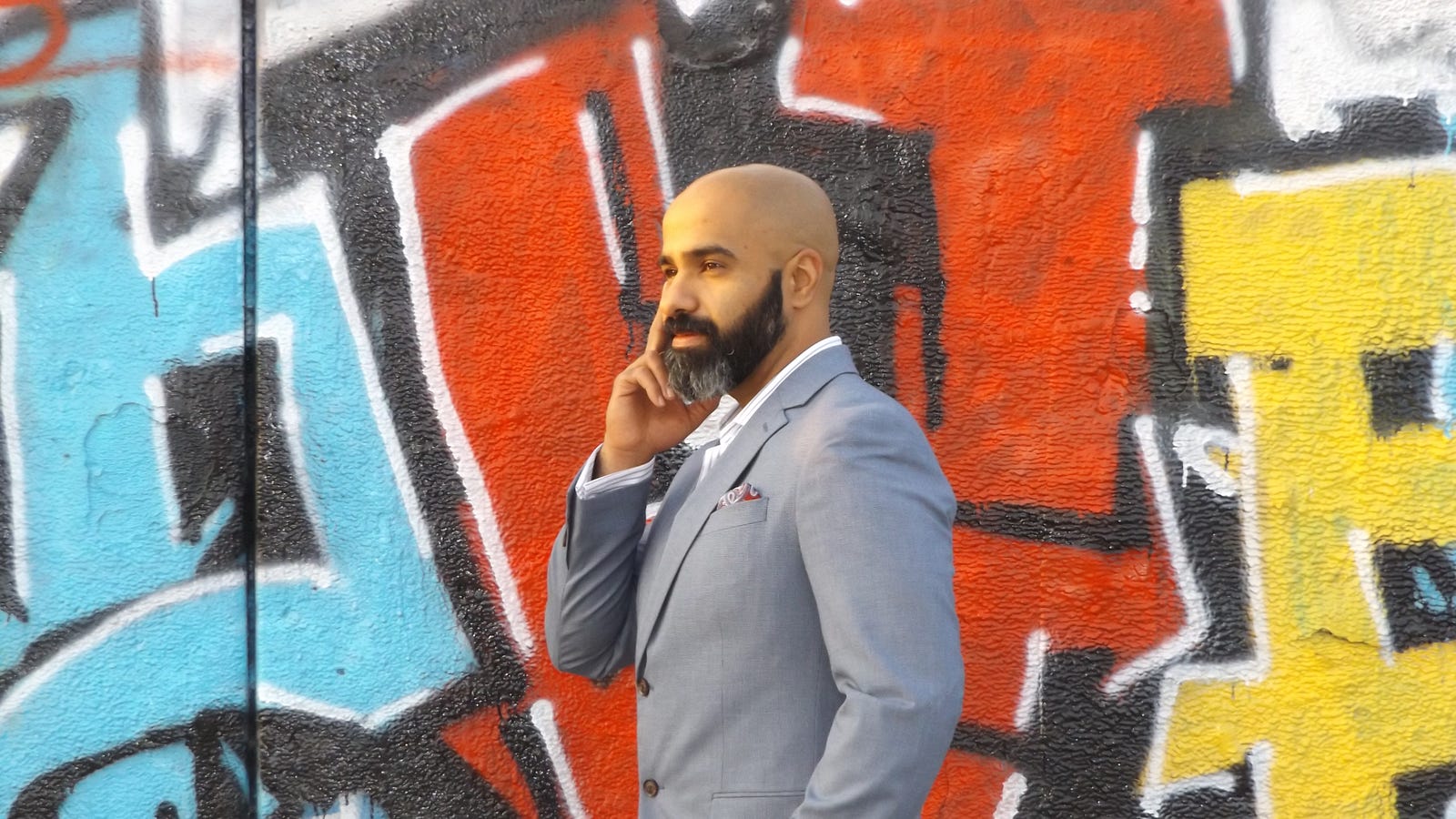
The world, of course, needs progress in many areas. What movement do you hope someone (or you!) starts next?
We live in a world that has been divided by rigid ideologies. Such an environment fosters bigotry and fear. We have an obligation to heal this fractured world by rediscovering the common thread of our humanity. I wish to use what I have learned about healing relationships between couples to heal relationships between nations. I see a need for developing a new discipline that we call clinical social psychology.
How can our readers follow you on social media?
Facebook:@DrTalalHAlsaleem
Twitter:@DrTalalAlsaleem
Instigram:@DrTalalAlsaleem
Thank you so much for these insights. It was a true pleasure to do this with you.

